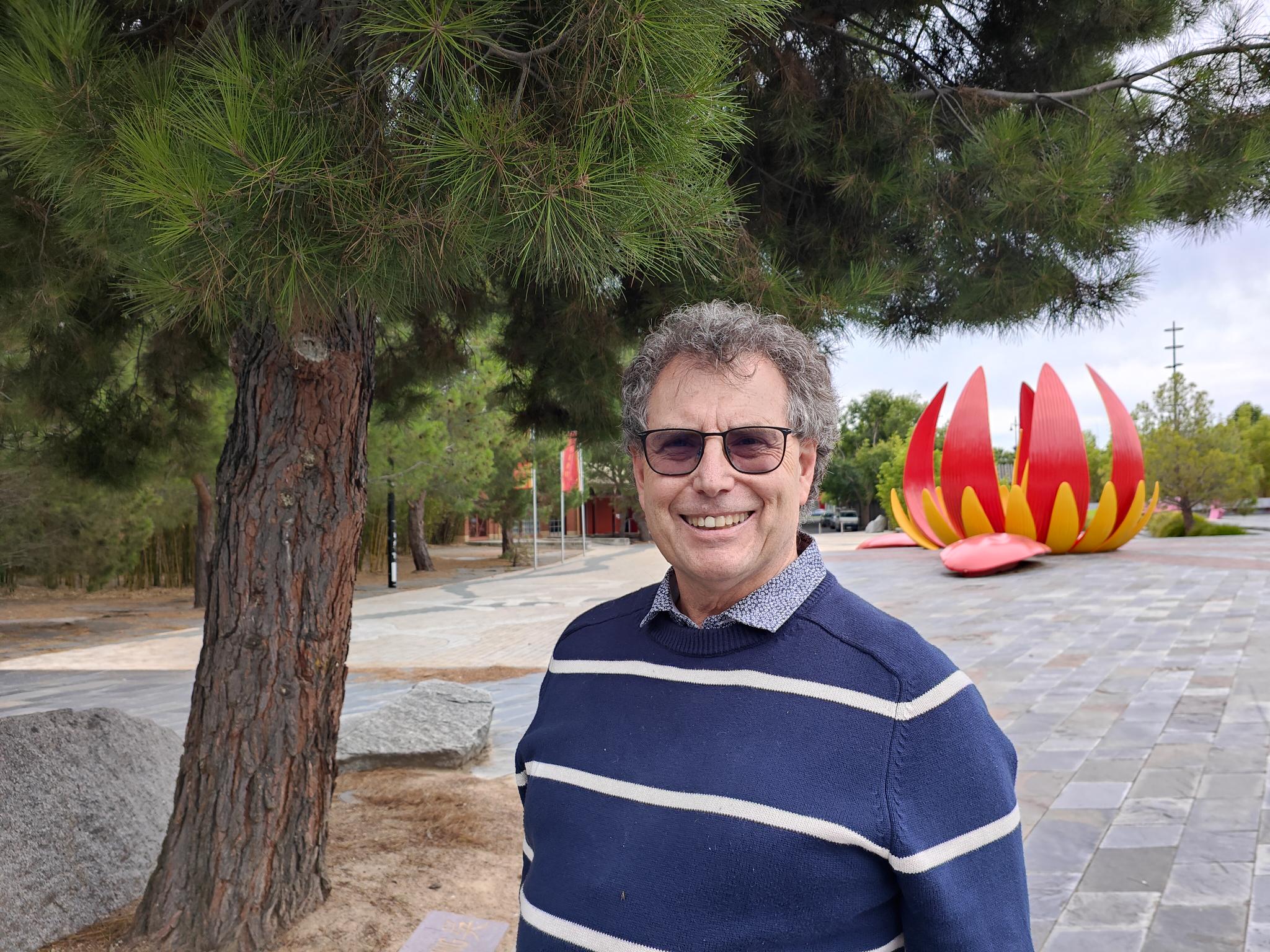This week Bendigo Community Health Services farewells GP Dr Gary Bourke after 29 years of dedicated service.
Dr Bourke officially started with the service in January, 1996, however his association with community health began as a medical student, when he applied for a six-week nurse assistant role during university holidays.
“That was my introduction to community health, and I loved it,” he said.
“As I’ve said to all my patients from then afterwards, whenever they said, ‘you give the best injections ever for a doctor’, I said, that’s because a nurse taught me how.
“One of the nursing staff at community health taught me how to give good intramuscular injections.”
That was in 1980 – just six years after community health began in Bendigo. Gary said he could see it offered a different model of care.
“It was happy, it was friendly, even back then you could tell that it was a great team approach,” he said.
“I remember, I really enjoyed being involved with the Family Day Care team, and I think part of the reason is I’m the oldest of six kids. I just love working with kids. Even now, a fairly large proportion of my patients are young adults, teenagers and children, compared to other doctors my age.”
Gary was inspired to pursue medicine in Year, 12 after hearing about the plans of a fellow student to become a doctor. He says up until that point, he aspired to be a maths teacher, despite medicine playing a big part in his life.
Gary’s mother was a nurse educator at Bendigo’s then-Northern District School of Nursing. And as an asthmatic, Gary had spent a lot of his childhood in clinics, at the hospital, and even in the Intensive Care Unit.
“I was amazingly happy when, around about the age of 15, I received my first asthma puffer. And all of a sudden, I could run, I could breathe, and I could sleep through the night. It made an absolutely amazing difference.”
Gary graduated from the University of Melbourne in 1983, then went straight into the Maroondah Hospital, where he was “immediately thrown in the deep end”.
Two more appointments, including in Bendigo, left him with three GP specialist interests: obstetrics, anaesthetics and emergency.
He worked in the small Gippsland town of Foster for five years, where he and his musician wife Lynette grew their family of four kids, and their dreams to pursue volunteer work.
“The more we looked into it, the more positive the idea became, so we chose to go to PNG,” he said.
Gary became the doctor in a health centre with 80 patient beds in a small, isolated village on the edge of the jungle, “with no real connection to the outside world”.
He and his family spent three years embedded in the community; the kids attended the local school, and they enjoyed the environment, including “the most beautiful coral reef swimming you could imagine”.
“I really learnt the community approach in PNG,” he said.
But the seeds were already there for Gary, who credits his background of growing up in Bendigo with fostering compassion.
Gary is known to have, on more than several occasions, invited patients to his home for some care and respite when there was no other option.
In the decades to come Gary followed his interests to work in Aboriginal communities in WA, NT and QLD, although he says, “The most committed I’ve been to Aboriginal health is in Bendigo, at BDAC. I started there in 2001 when it opened, and I finished in 2019, and loved it there.”
He also combined his practice with teaching, via his alma mater and Monash University. He worked to help develop placements of medical students at the Bendigo Hospital; a role which preceded the Monash School of Rural Health being established in Mercy Street in 2004.
Gary taught within the Monash program until 2012, witnessing the fact that once medical students have a regional experience, they’re more likely to practice in a regional area.
Throughout the development of his career, Gary stuck with Bendigo Community Health Services.
“I just loved it,” he said. “And I would change the focus of my job every now and then.”
He says being involved with BCHS’ GP registrar program was a highlight, as was becoming a lead clinician in 2017 – a commitment that continued throughout the COVID years with weekly meetings to respond to the pandemic.
“I loved community health, and I love what community health has done with me and for me,” he said.
“There’s a continuity of care, and a level of care that cannot be provided without the team approach.”
While Gary is retiring from BCHS, he will continue to work in the Emergency Department at Echuca Hospital.
Above: Dr Gary Bourke, under the ‘family tree’ in Bendigo’s Chinese precinct in Bridge Street. The tree was planted in honour of Gary’s paternal Chinese family, who arrived in Bendigo during the goldrush.
By Lauren Mitchell
